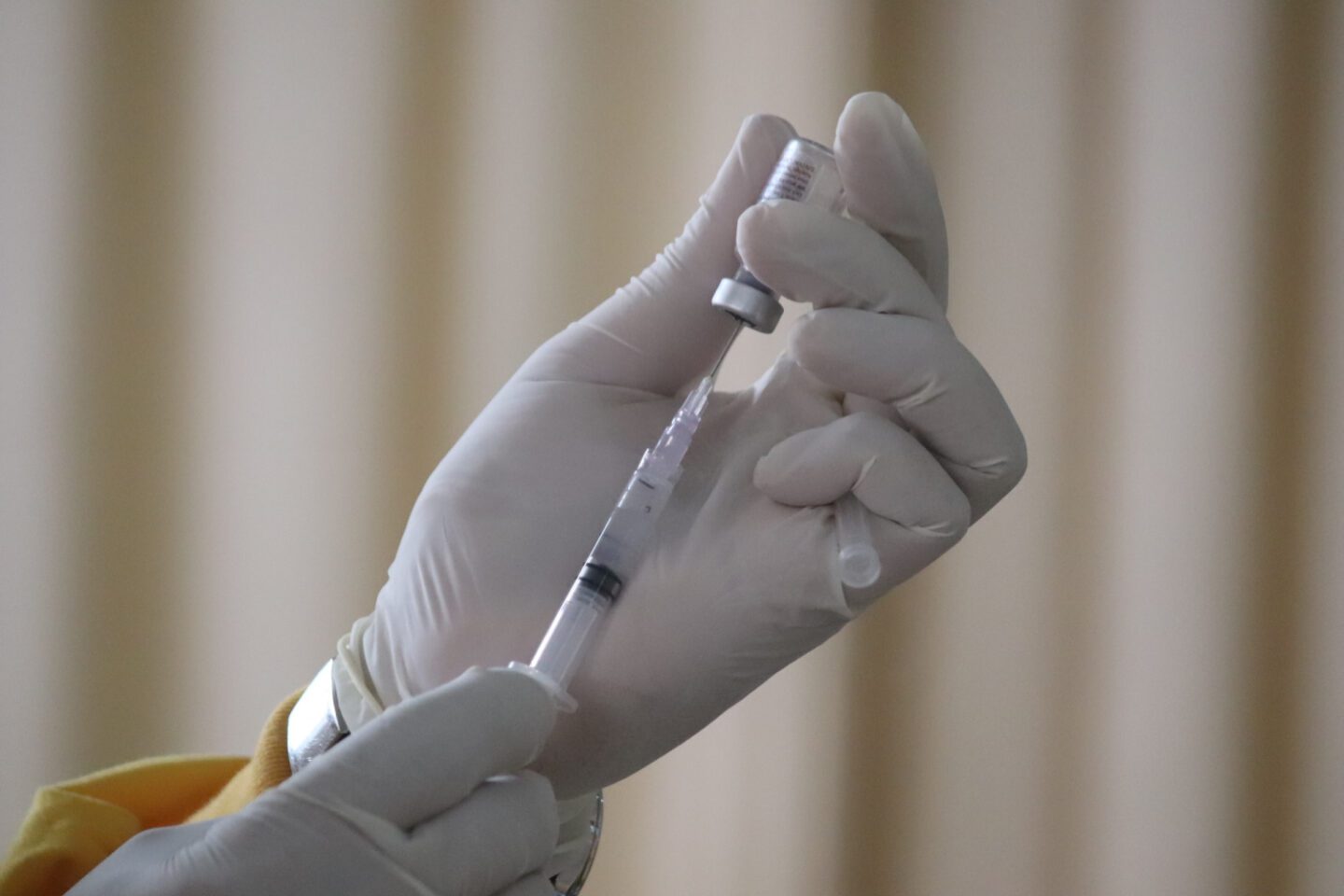Healthcare is such a rewarding career; it makes you feel so contented and happy when you help out those who are in dire need of it. But for your care to be really effective, it makes sense that you care for yourself first. After all, how can you be a good carer when you aren’t looking after yourself properly? Here are some great tips for you.

As a healthcare worker, you would often come in contact with the bodily fluids of the patient, which exposes you to pathogens. Some of these can easily transfer through blood and other means, so if you come in contact, you can get affected. Wear protective equipment such as gloves, safety goggles and gowns so that you can avoid contamination.
You should also take steps to kill microorganisms such as always washing your hands, maintaining hygiene in the patient’s room, using disinfectant or antiseptics before a surgical procedure and cleaning instruments.
Generally, needles, scalpels and other such objects are often contaminated. And the problem is you cannot avoid using them. When you do have to do so, at least make sure that you prevent health hazards, and follow proper disposal techniques and safety processes so that you can reduce risks of injuries and infectious diseases.
Try not to use needles, or use blunt suture ones if you have to. For a scalpel, you can use blades that have rounded tips. And obviously, use disposable gloves when handling all of these tools.
Do your core tasks involve taking care of immobile patients, lifting them or transferring them between wheelchairs and beds? Did you know this puts you at risk of musculoskeletal injuries? While caring for immobile patients, you can injure your muscles, nerves, bones and ligaments; the ones in your neck, limbs and back are more affected than the rest. How can you minimise these risks?? Use proper devices such as electronic hoists, slip sheets and slings; Patient Handling has a huge array of these. You should also practice correct body mechanics to reduce risks. For instance, you should bend your knees, and maintain some distance between your feet when you lift a patient.
Some chemicals can cause cancer, asthma, neurological diseases and reproductive disorders. These include mercury, triclosan, bisphenol A and phthalates. If you are taking care of a cancer patient, you will also be exposed to chemotherapeutic medicines which can be dangerous for you. Handle all these chemicals with extreme care, but when can do that? When you are trained to do so. So get this training, and then make sure you handle these hazardous chemicals safely.
If you ever feel your job has become too demanding, do take some time off for yourself.
So act on our advice; stay safe, be healthy, and continue to care!